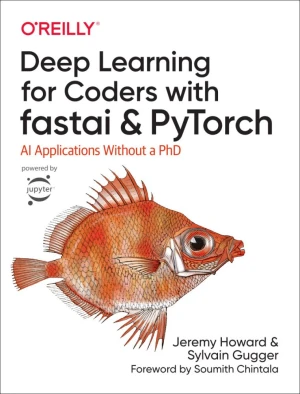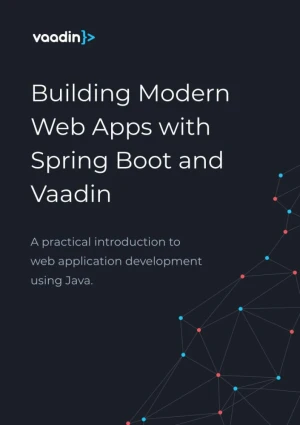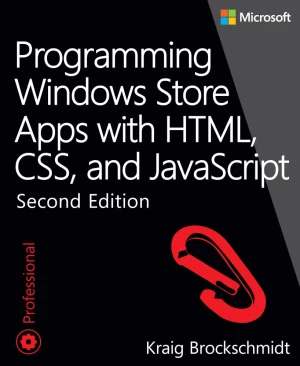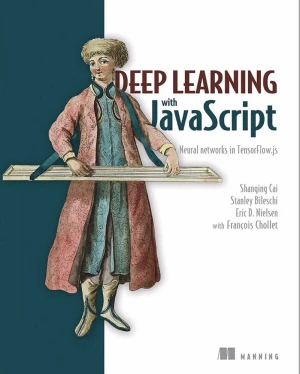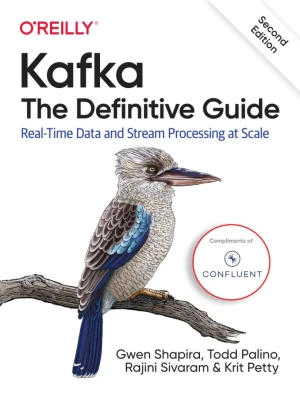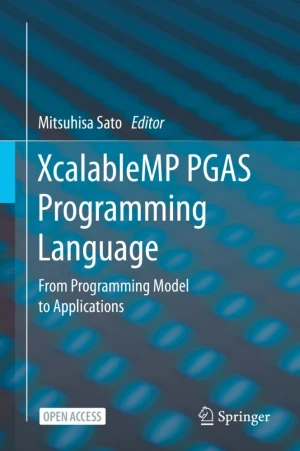Natural Language Processing with Transformers
Building Language Applications with Hugging Face
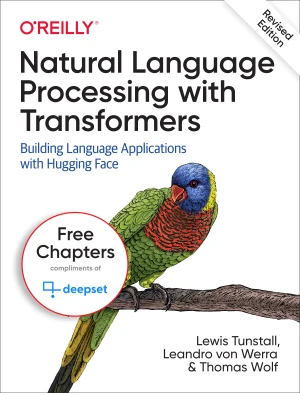
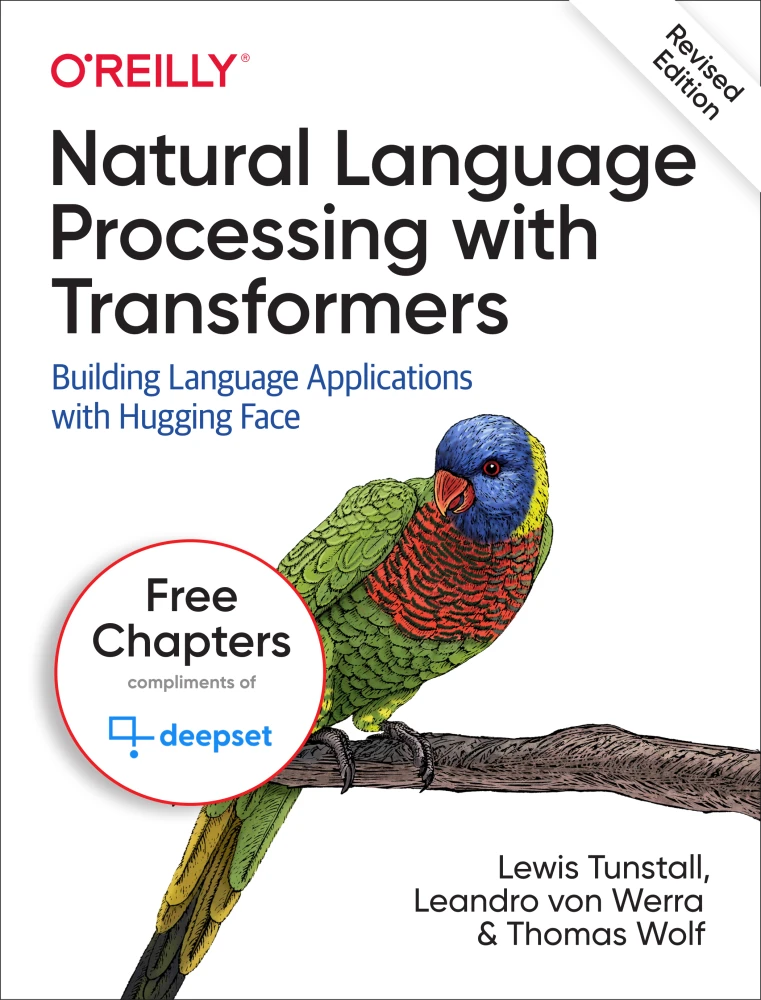
Book Details
| Authors | Lewis Tunstall, Leandro von Werra, Thomas Wolf |
| Publisher | O'Reilly Media |
| Published | 2022 |
| Edition | 1st (Revised Edition) |
| Paperback | 107 pages |
| Language | English |
| ISBN-13 | 9781098136789, 9781098136796 |
| ISBN-10 | 1098136780, 1098136799 |
| License | Free Chapters Compliments of Deepset |
Book Description
Since their introduction in 2017, transformers have quickly become the dominant architecture for achieving state-of-the-art results on a variety of natural language processing tasks. If you're a data scientist or coder, this practical book -now revised in full color- shows you how to train and scale these large models using Hugging Face Transformers, a Python-based deep learning library.
Transformers have been used to write realistic news stories, improve Google Search queries, and even create chatbots that tell corny jokes. In this guide, authors Lewis Tunstall, Leandro von Werra, and Thomas Wolf, among the creators of Hugging Face Transformers, use a hands-on approach to teach you how transformers work and how to integrate them in your applications. You'll quickly learn a variety of tasks they can help you solve.
- Build, debug, and optimize transformer models for core NLP tasks, such as text classification, named entity recognition, and question answering
- Learn how transformers can be used for cross-lingual transfer learning
- Apply transformers in real-world scenarios where labeled data is scarce
- Make transformer models efficient for deployment using techniques such as distillation, pruning, and quantization
- Train transformers from scratch and learn how to scale to multiple GPUs and distributed environments
If you enjoyed the book and would like to support the author, you can purchase a printed copy (hardcover or paperback) from official retailers.
Download and Read Links
Share this Book
[localhost]# find . -name "*Similar_Books*"
Deep Learning for Coders with Fastai and PyTorch
Deep learning is often viewed as the exclusive domain of math PhDs and big tech companies. But as this hands-on guide demonstrates, programmers comfortable with Python can achieve impressive results in deep learning with little math background, small amounts of data, and minimal code. How? With fastai, the first library to provide a consistent inte
Building Modern Web Applications With Spring Boot and Vaadin
This guide is a practical introduction to web application development with Spring Boot and Vaadin. It covers the entire development process, from setup to deployment, following a step-by-step approach. You can replicate each section at your own pace as you follow along. The content is suitable for anyone familiar with Java who wants to build a web
Programming Windows Store Apps with HTML, CSS, and JavaScript, 2nd Edition
Microsoft Press is pleased to offer the 2nd edition of Kraig Brockschmidt's in-depth ebook on writing Windows Store apps using HTML, CSS3, and JavaScript. The book's primary focus will be on applying web technologies within the Windows platform, highlighting its unique considerations, rather than exploring the intricacies of the web standards thems
Deep Learning with JavaScript
Deep learning has transformed the fields of computer vision, image processing, and natural language applications. Thanks to TensorFlow.js, now JavaScript developers can build deep learning apps without relying on Python or R. Deep Learning with JavaScript shows developers how they can bring DL technology to the web. Written by the main authors of t
Kafka: The Definitive Guide, 2nd Edition
Every enterprise application creates data, whether it consists of log messages, metrics, user activity, or outgoing messages. Moving all this data is just as important as the data itself. With this updated edition, application architects, developers, and production engineers new to the Kafka streaming platform will learn how to handle data in motio
XcalableMP PGAS Programming Language
XcalableMP is a directive-based parallel programming language based on Fortran and C, supporting a Partitioned Global Address Space (PGAS) model for distributed memory parallel systems. This open book presents XcalableMP language from its programming model and basic concept to the experience and performance of applications described in XcalableMP.�

